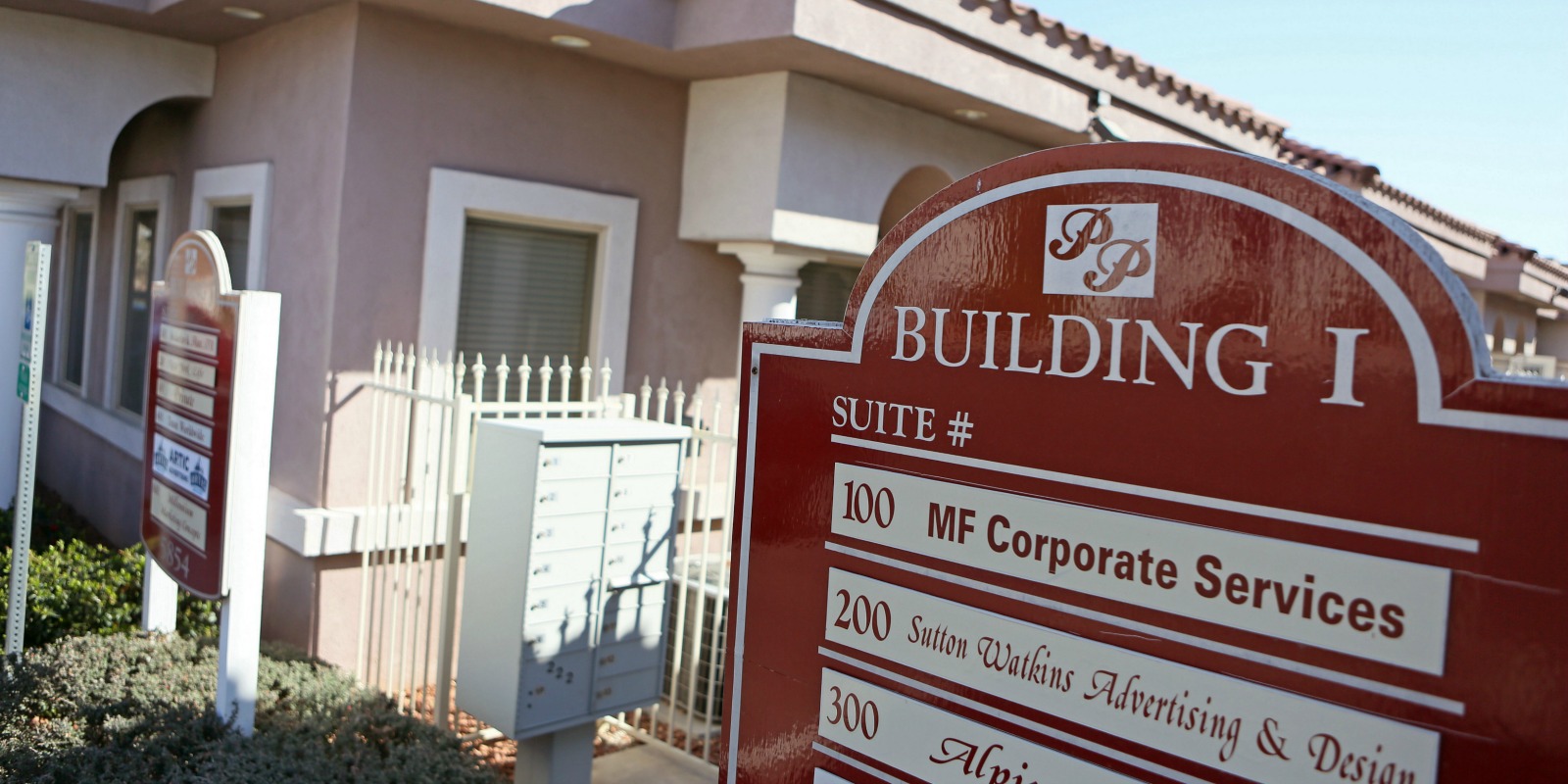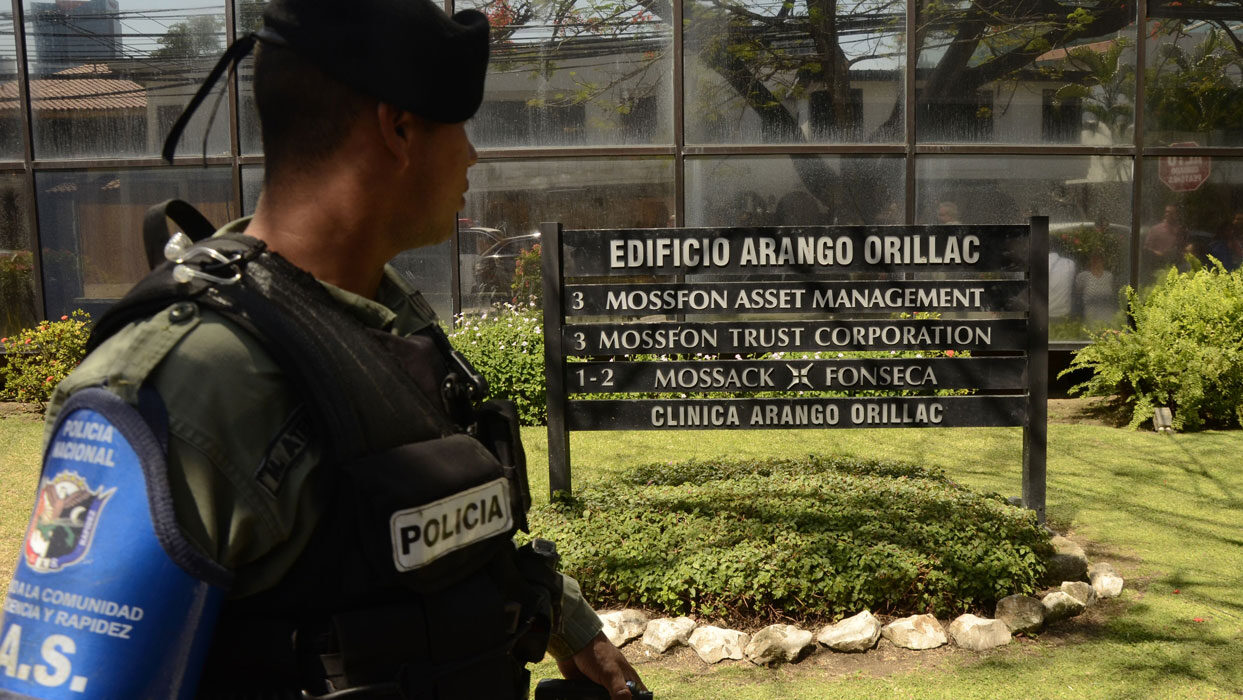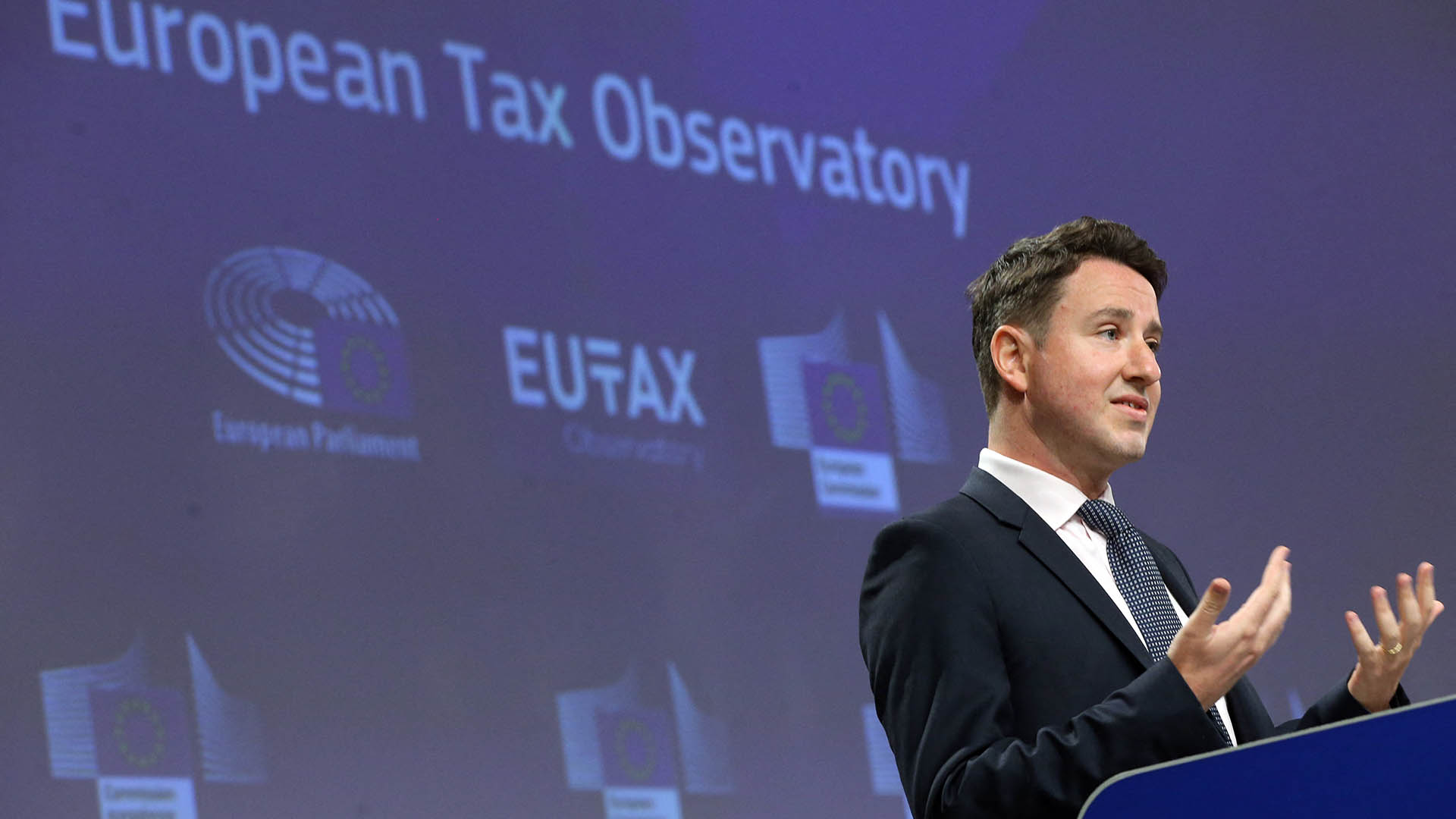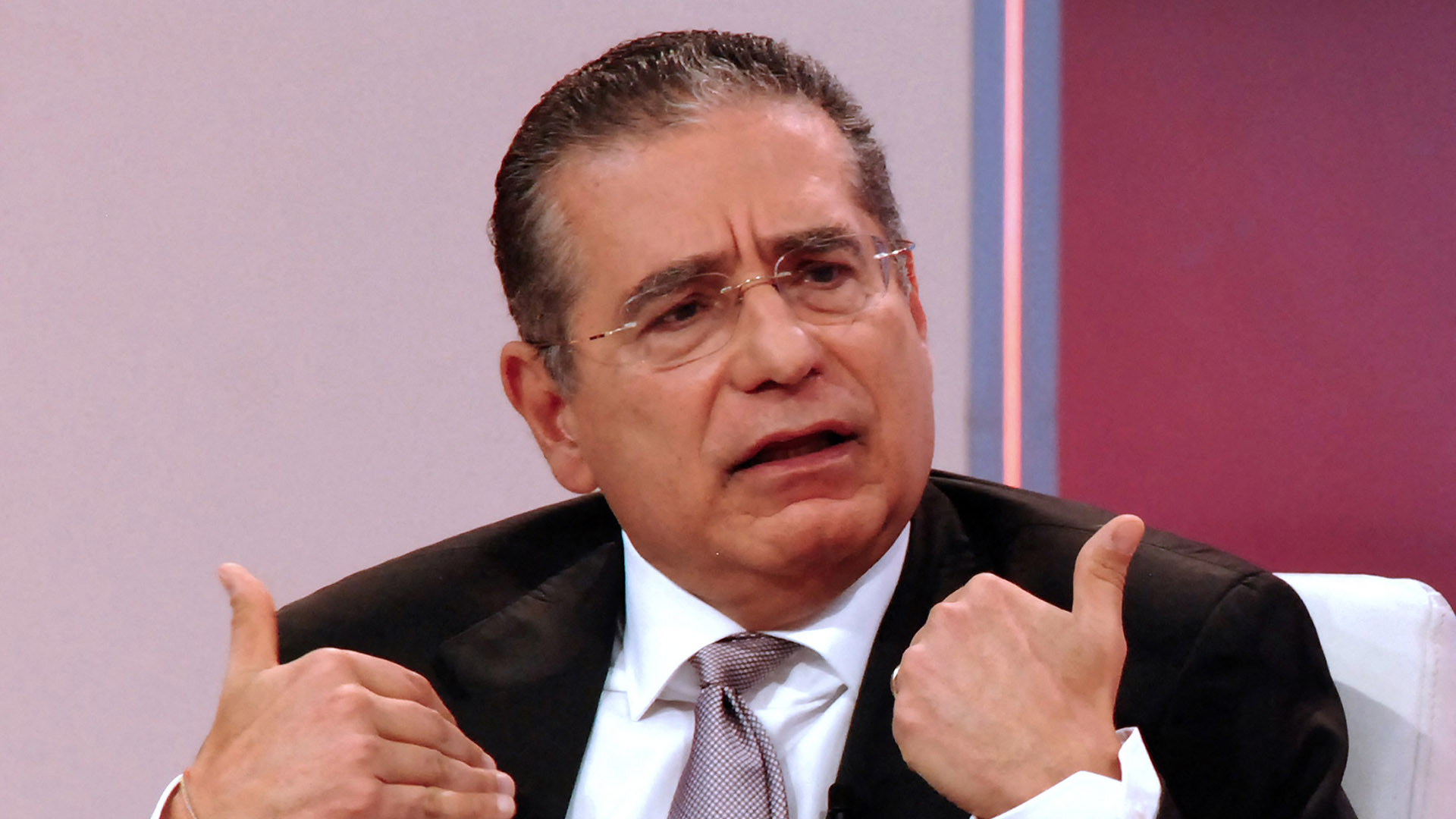Confidential emails revealed in the Panama Papers have opened a new front in a bitter court battle in Nevada involving a hedge fund led by an American billionaire, new court filings show.
NML Capital, a hedge fund managed by New York investor Paul Singer, is suing the Nevada office of Mossack Fonseca, the law firm at the center of the Panama Papers scandal, for obstruction of justice.
The current legal action has its roots in Singer’s long fight to reclaim funds lost when Argentina defaulted on government bonds held by NML. Mossack Fonseca was not named as a defendant, but its Nevada operations were targeted with a court order demanding information about companies administered through the law firm that the hedge fund claimed may have been involved in the theft of millions of dollars from Argentine government contracts.
NML reached a $2.4 billion settlement with Argentina earlier in the year, but the case remains open after the hedge fund accused MF Nevada employee Patricia Amunategui of perjury, and asked a federal court in Nevada to sanction Mossack Fonseca.
When she was called to testify in the Nevada case in 2014, Amunategui told the courts that MF Nevada was an “independent service provider” to Mossack Fonseca – and not a subsidiary or “alter ego” of the Panama firm.
According to NML’s recent court filings, emails published in April as part of ICIJ’s Panama Papers investigation show that, contrary to Amunategui’s claim, she closely followed instructions from Mossack Fonseca headquarters in Panama.
“The emails demonstrate a much more insidious course of conduct intended to influence the entirety of these proceedings,” lawyers for NML wrote.
“The evidence shows that Ms. Amunategui did not merely submit an ill-phrased or ill-informed declaration: she participated in efforts to destroy and remove evidence from this jurisdiction after she received NML’s subpoena.”
In court documents, MF Nevada denies acting in bad faith, and claims Amunategui’s denial of a parent-subsidiary relationship between the two companies did not amount to perjury since “the question of independence is a mixed question of law and fact.”

“With a non-party witness, the court has limited options for punishment,” said Mark Weidemaier, who is a Law Professor of UNC Chapel Hill. “It can only impose fines and ask for reimbursement of legal fees, but if NML have a decent argument, it’s not that much of an effort to pursue reimbursement; if we’re talking about legal fees in the seven figure range, they could be looking at recovering a considerable amount of cash.”
The Nevada case is one of a number of legal battles and investigations focused on Mossack Fonseca and its clients following the Panama Papers revelations.
In July the Wall Street Journal reported that U.S. federal prosecutors had launched a criminal investigation into the law firm’s employees over allegations they helped clients launder money or evade taxes. In response to the Wall Street Journal’s questions about the investigation, Mossack Fonseca referred to a statement on their website which says the firm has “never been accused or charged in connection with criminal wrongdoing.”
The New York banking regulator also levied a $180 million penalty against the Taiwanese Mega International Commercial Bank after an investigation by the state uncovered suspicious transactions flowing between the bank’s New York and Panama branches, and found links between the bank and Mossack Fonseca. Mega International Commercial Bank also now faces an official investigation in Taiwan.
Contributor to this story: Hamish Boland-Rudder




